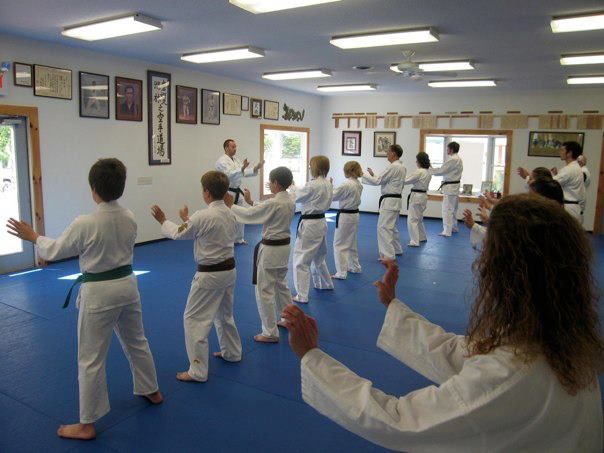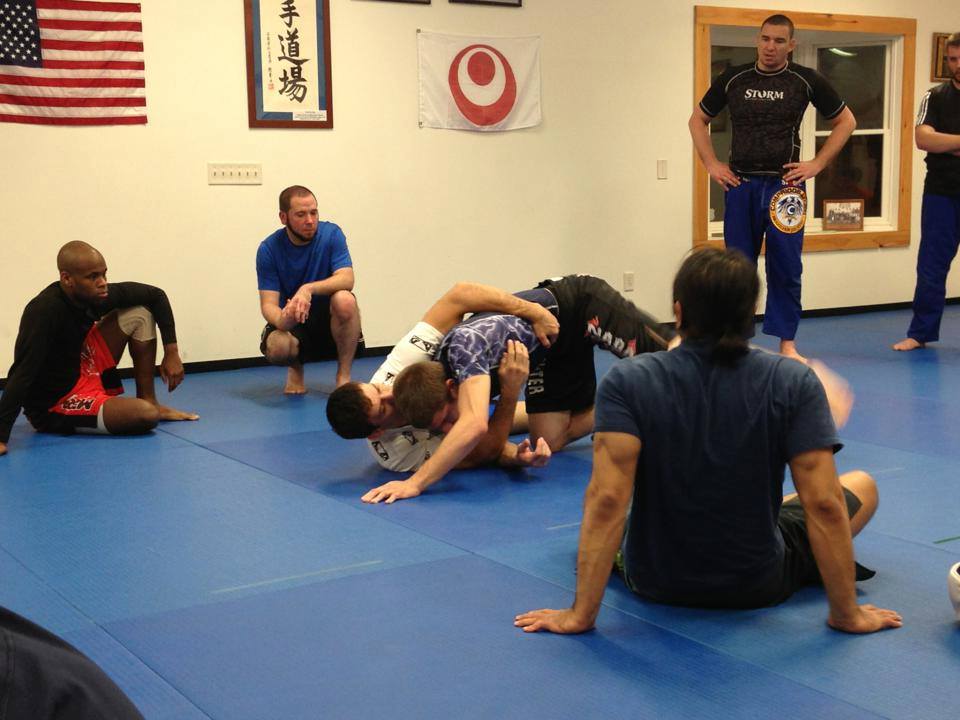
Martial arts, with its kicks, punches, and disciplined moves, is more than just a physical practice. When combined with the ancient wisdom of Zen philosophy, it becomes a powerful force for personal growth and balance. This essay explores the benefits of incorporating Zen into martial arts, showing how it goes beyond fighting techniques to shape the mind, body, and spirit.
Zen, at its core, teaches us to be completely present in the moment. In the martial arts, this means focusing all of our attention on the task at hand. Whether it's a kick, a block, or a throw being fully present allows martial artists to perform at their best. This mindfulness doesn't just apply in the training hall but can also help in our everyday lives, making us more aware and alert.
The connection between Zen and martial arts goes deeper than physical movements. Zen in martial arts places a strong emphasis on simplicity and efficiency. The art of refinement is central to Zen philosophy, and in the martial arts, practitioners are encouraged to streamline movements and eliminate unnecessary actions. This principle is evident in many martial arts where technical fluid motions aim to redirect an opponent's force rather than confront it head-on. The efficiency and precision achieved through Zen-inspired refinement result in not only superior technique but also reduced physical strain, enabling practitioners to execute powerful maneuvers with minimal effort.
Imagine a graceful dance where every step has a purpose. This is how Zen-inspired martial artists move – with efficiency and precision. By eliminating unnecessary actions, martial artists conserve energy and execute moves with more power. It's like learning to write with a smooth and controlled hand, making every stroke count.
Martial arts training isn't just about physical strength; it's also about emotional resilience. This is where Zen philosophy comes in, teaching practitioners to find balance and control their emotions. In the face of a challenge, a martial artist with a Zen mindset stays calm and composed. This emotional control is a valuable skill not just in the training hall but in everyday life. It helps us face difficulties with a clear mind and a strong spirit.
The benefits of Zen in martial arts also extend to personal development. It's not just about becoming a better fighter; it's about becoming a better person. Martial artists on a Zen-inspired journey discover more about themselves – their strengths, weaknesses, and the connection between their mind and body. This self-awareness leads to personal growth, making them not only skilled fighters but also compassionate individuals.
Holistic development means looking beyond the physical aspects of martial arts. It involves nurturing values like humility, respect, and compassion. Imagine a martial artist who not only performs powerful kicks but also treats opponents and fellow practitioners with kindness. This holistic approach to personal development sets the foundation for a strong character, creating individuals who are not only skilled in their art but are also good-hearted and respectful.
In conclusion, the benefits of Zen in martial arts are profound and extend far beyond physical techniques. By incorporating mindfulness, refining techniques, cultivating emotional balance, and embracing holistic personal development, martial artists on a Zen-inspired journey embark on a path of self-discovery and growth. This combination of ancient wisdom and martial arts creates individuals who are not only skilled fighters but also balanced, compassionate, and resilient human beings.



 RSS Feed
RSS Feed